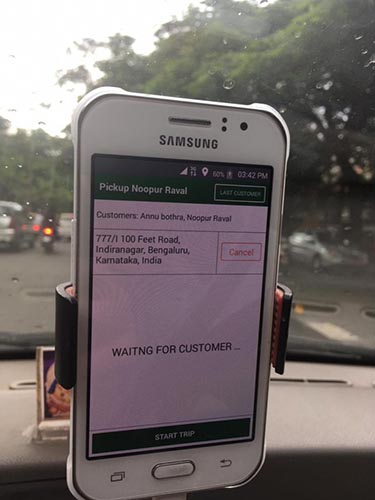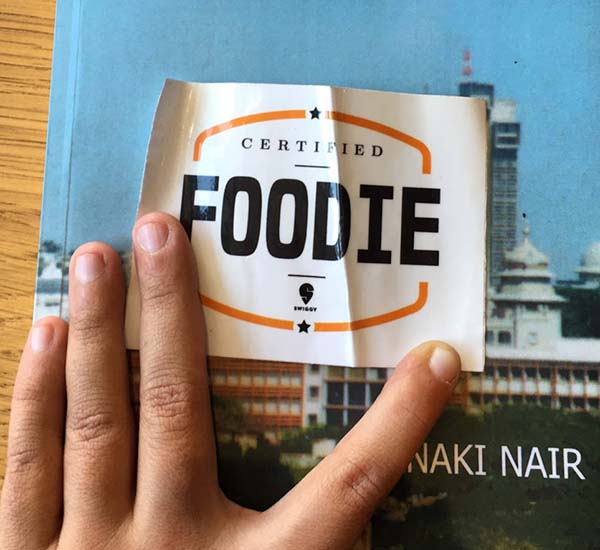*A note from Co-PI Noopur Raval: The arrival and rise of gig-work globally has ushered in a new wave of conversations around the casualization of labor and the precarious nature of digitally-mediated “gigs,” ranging from online crowdwork gigs to digitally-mediated physical work such as Ubering. Gradually, scholarship has extended beyond North America and Europe to map the landscape of digital labor in the global south. These posts that make up “India’s Gig-Work Economy” are the result of one such project titled ‘Mapping Digital Labour in India,’ where four research fellows and a program manager, me, have been studying the dynamics of app-based ridehailing and food-delivery work in two Indian cities (Mumbai and New Delhi). This project is supported by the Azim Premji University’s Research Grants program. In this series of posts, the research fellows and I offer reflections on pleasure, surveillance, morality and other aspects woven into the sociality of gig-work and consumption in India. Each post also has an accompanying audio piece in an Indian language, in a bid to reach out to non-academic and non-English speaking audiences. The series ends with a roundtable discussion post on the challenges, gender and class dynamics, and ethics of researching gig-work(ers) in India.*
**A note from the editor: This post was co-written with Rajendra Jadhav.
Download a transcript of the audio in Devanagari.
This post presents the observations around the design of temporality within app-based food-delivery platforms in India. It draws on semi-structured interviews by field-researcher Rajendra and his time spent “hanging out” with food-delivery workers who are also often referred to as “hunger saviors” and “partners” in the platform ecosystem in India. Like in the earlier post by Simiran on food-delivery workers in Mumbai, we also observed that app-based work was structured and monitored along similar lines. However, in this post, we go into a detailed description of how work-time and temporality of work are configured in order to fulfill the promises that app companies make to customers in urban India. (read more...)



